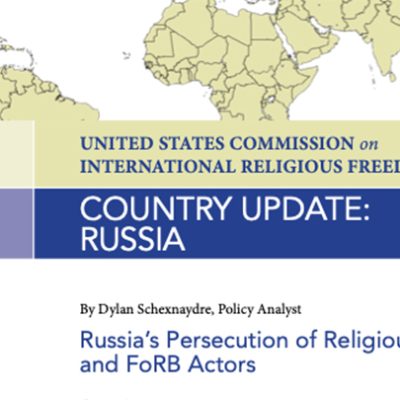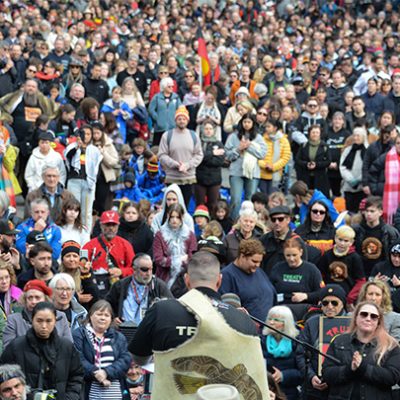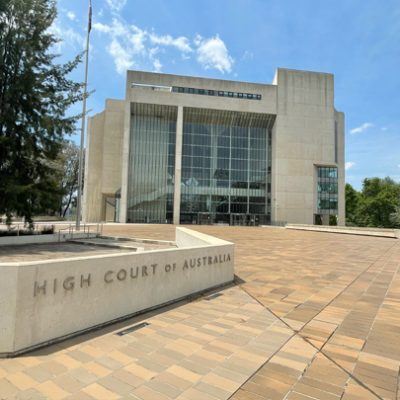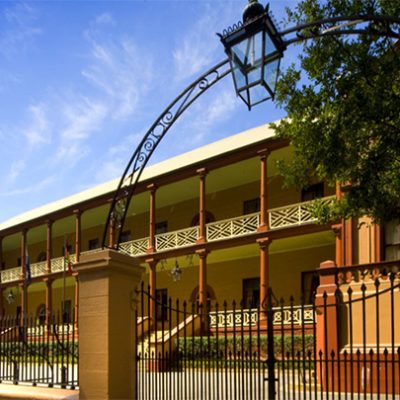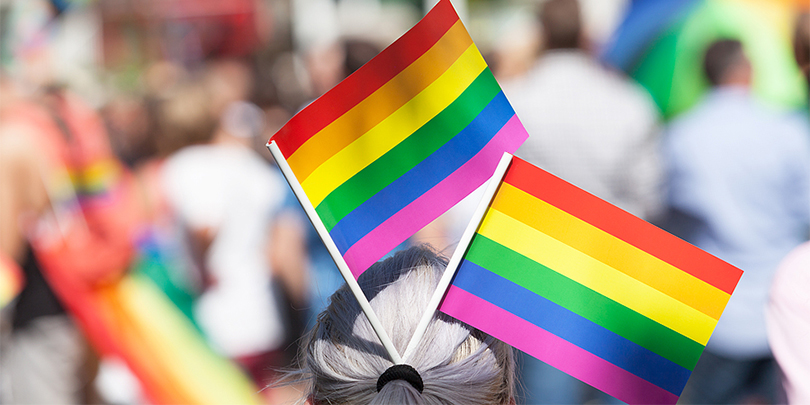
Victoria’s hate speech laws will be drastically expanded beyond race and religion to protect the LGBTQIA+ community and people with a disability. Source: ABC News.
The threshold for police to bring criminal charges will also be significantly lowered.
The proposed changes to the Racial and Religious Tolerance Act will have to walk a tightrope between individual rights, free speech and religious belief but have been welcomed by some religious and community groups.
Even before the laws have been tabled in parliament some religious groups – including the Melbourne Archdiocese – have flagged concerns that there is not enough explicit protection in the laws for religious teachings and belief.
“This isn’t about curtailing people’s ability to practice the religion that they hold. This is squarely about protecting vulnerable people from hate speech,’’ Attorney-General Jaclyn Symes said.
“If there are communications that are done in reason, in genuine good faith observance of religious practice, that will be an exception under the laws as it currently is.”
Under the proposed legislative changes, prosecutors would only need to prove incitement of hatred or threaten physical harm on the ground of a person’s attribute.
In a bid to protect free speech, a new defence of political purpose would be introduced for incitement.
Complaints could made for conduct in a public or private setting, which is worrying some religious groups who are concerned the laws could be weaponised against religious teachings.
The Melbourne Archdiocese said it abhorred vilification of any kind but had concerns about religious freedom.
“Laws seeking to address genuine vilification should avoid ambiguous or imprecise language that creates confusion or that ends up causing more division in the community,’’ a spokesman said.
“Attempts to lower the threshold of what constitutes vilification must not stifle genuine discussion and acts done in good faith, particularly the sharing of religious beliefs.”
FULL STORY
Victoria’s anti-vilification laws are set to be expanded to cover disability, gender identity, sex and sexual orientation (By Richard Willingham, ABC News)



